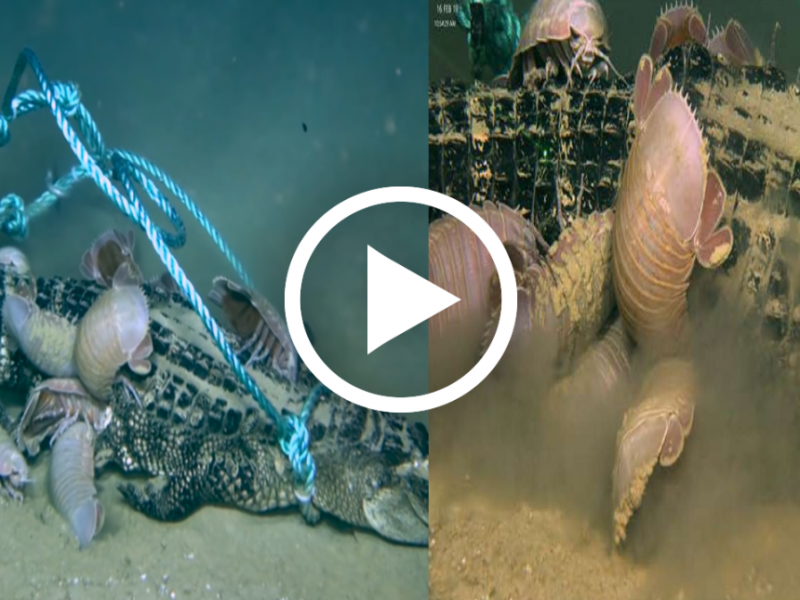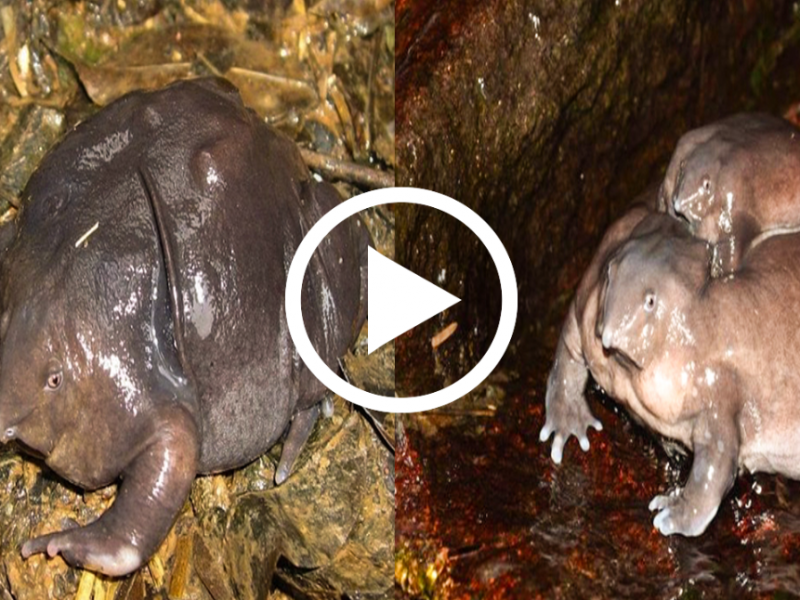Sharks are one of the most feared and misunderstood creatures on Earth. With their sharp teeth, powerful jaws, and sleek bodies, they are the epitome of aquatic predators. However, there is more to sharks than meets the eye.
Despite their fearsome reputation, sharks are also vulnerable and complex animals that face many threats, both natural and human-made. In this article, we will unveil some of the terrifying truths of shark life that no one knows about, and shed light on the challenges and opportunities of shark conservation.|
 One of the most surprising facts about sharks is their slow reproduction rate. Unlike many other fish species, which produce thousands of eggs at once, sharks typically have few offspring, and some species give birth to live young.
One of the most surprising facts about sharks is their slow reproduction rate. Unlike many other fish species, which produce thousands of eggs at once, sharks typically have few offspring, and some species give birth to live young.
This means that even a small decline in shark populations can have a significant impact on their survival, as it takes a long time for them to recover. Moreover, many sharks are apex predators, meaning that they occupy the top of the food chain and regulate the balance of marine ecosystems.
Without sharks, the populations of their prey, such as rays, turtles, and fish, can explode, leading to cascading effects on other species and habitats.
 Another terrifying truth of shark life is the extent of their exploitation and trade. Sharks are hunted and killed for their meat, fins, and other body parts, which are used in various products, such as shark fin soup, cosmetics, and supplements.
Another terrifying truth of shark life is the extent of their exploitation and trade. Sharks are hunted and killed for their meat, fins, and other body parts, which are used in various products, such as shark fin soup, cosmetics, and supplements.
The demand for shark products is driven by cultural beliefs, luxury markets, and the perceived health benefits of shark-derived substances. As a result, many shark populations have declined by 90% or more in the past few decades, and some species are on the brink of extinction. The overfishing of sharks also causes ecological damage, as it removes key players in marine food webs and disrupts the natural cycles of nutrients and energy.
 Moreover, sharks face many other threats from human activities, such as habitat destruction, pollution, climate change, and bycatch. Bycatch refers to the unintentional capture of sharks and other marine animals in fishing gear, which can result in injuries, suffocation, or Ԁᴇɑтһ.
Moreover, sharks face many other threats from human activities, such as habitat destruction, pollution, climate change, and bycatch. Bycatch refers to the unintentional capture of sharks and other marine animals in fishing gear, which can result in injuries, suffocation, or Ԁᴇɑтһ.
Bycatch is a significant problem in many fisheries, especially those that use longlines, gillnets, or trawls. To reduce bycatch and promote sustainable fishing practices, conservationists advocate for measures such as using alternative gear, avoiding sensitive areas, and improving monitoring and enforcement.
 Despite the challenges facing sharks, there is also hope and progress in their conservation. Many organizations, researchers, and governments are working to protect sharks, restore their habitats, and raise awareness about their plight.
Despite the challenges facing sharks, there is also hope and progress in their conservation. Many organizations, researchers, and governments are working to protect sharks, restore their habitats, and raise awareness about their plight.
Some countries have banned shark finning, established marine protected areas, and implemented sustainable fishing regulations. Some communities have also embraced ecotourism and shark watching as a way to generate income and value for sharks. By engaging in these efforts, we can help ensure that sharks continue to thrive in our oceans, and that we can learn from and appreciate their unique and fascinating lives.
 In conclusion, the terrifying truths of shark life are not to be underestimated or ignored. Sharks are remarkable animals that deserve our respect, awe, and protection. By learning more about sharks, their challenges, and their opportunities, we can become better stewards of the marine environment and contribute to a more sustainable and equitable world. Let us embrace the diversity and complexity of shark life, and strive to coexist with these magnificent creatures.
In conclusion, the terrifying truths of shark life are not to be underestimated or ignored. Sharks are remarkable animals that deserve our respect, awe, and protection. By learning more about sharks, their challenges, and their opportunities, we can become better stewards of the marine environment and contribute to a more sustainable and equitable world. Let us embrace the diversity and complexity of shark life, and strive to coexist with these magnificent creatures.
https://www.youtube.com/watch?v=P6U1RDRN_FI


